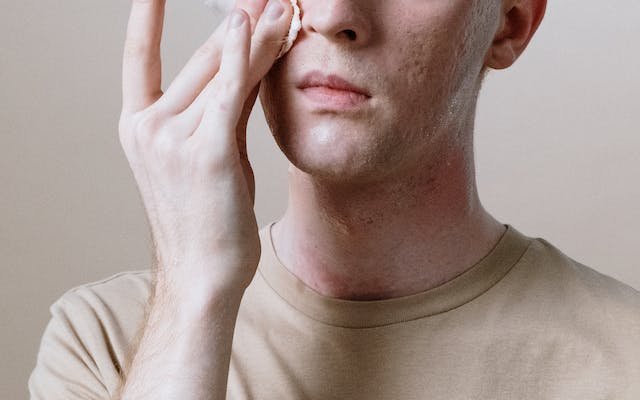Acne is often viewed as a physical health issue, primarily a skin condition that affects millions worldwide. However, its psychological and emotional dimensions are just as significant, yet frequently overlooked. The impact of acne on mental health can be profound, influencing self-esteem, social interactions, and overall quality of life. This article delves into the psychological effects of acne and offers practical coping strategies to manage these challenges.

Understanding the Emotional Toll of Acne
Acne, especially when severe, can lead to a range of psychological issues. Common feelings include embarrassment, frustration, and self-consciousness. For many, acne is not just a few spots on the skin; it’s a source of ongoing distress that affects how they see themselves and interact with the world.
The Connection Between Acne and Mental Health
Research has established a link between acne and mental health disorders. Individuals with acne are at a higher risk of developing anxiety, depression, and body dysmorphic disorder. The visibility of acne on the face can exacerbate these feelings, as the face is a central part of one’s identity and the first thing others often notice.
Social Impact and Stigmatization
Social interactions can become a minefield for those with acne. The fear of being judged or stigmatized can lead to social withdrawal, avoidance of public settings, or reluctance in participating in activities like swimming that might expose the skin. This social isolation can further feed into a cycle of anxiety and depression.
Coping Strategies for Psychological Effects of Acne
- Professional Support: Seeking help from a dermatologist is the first step. They can provide effective treatment plans for acne, which can reduce its severity and, consequently, its psychological impact. Additionally, consulting a mental health professional can be beneficial, especially if acne is significantly affecting your mental well-being.
- Building a Support System: Sharing feelings and experiences with friends, family, or support groups can provide emotional relief and reduce feelings of isolation. Online forums and communities for people with acne can also be a valuable resource.
- Mindfulness and Stress Reduction: Practices like mindfulness, meditation, and yoga can help manage stress, which is both a trigger and a consequence of acne. These practices promote a sense of calm and can improve overall mental health.
- Focusing on Holistic Health: Engaging in regular exercise, maintaining a balanced diet, and ensuring adequate sleep can improve physical health, which in turn can positively impact mental health and skin condition.
- Educating Oneself and Others: Understanding acne and educating people around you can reduce stigma and misconceptions. It empowers individuals to speak confidently about their condition and advocate for themselves.
- Building Confidence Beyond Skin: Encouraging individuals to focus on their strengths and qualities that are not skin-related can help build self-esteem. Engaging in hobbies, volunteering, and developing skills can shift the focus from appearance to personal achievements and talents.
Conclusion
The psychological impact of acne is a critical aspect of the condition that deserves attention and care. By understanding the emotional effects and employing effective coping strategies, individuals can mitigate these challenges and lead a more confident, fulfilling life. It’s essential to remember that acne, like any health issue, is just one part of a person’s story, and it doesn’t define who they are or their value. With the right support and approaches, the psychological journey of living with acne can become one of resilience and empowerment.
Also Read: Naturally Remove Acne Scars in a Week
